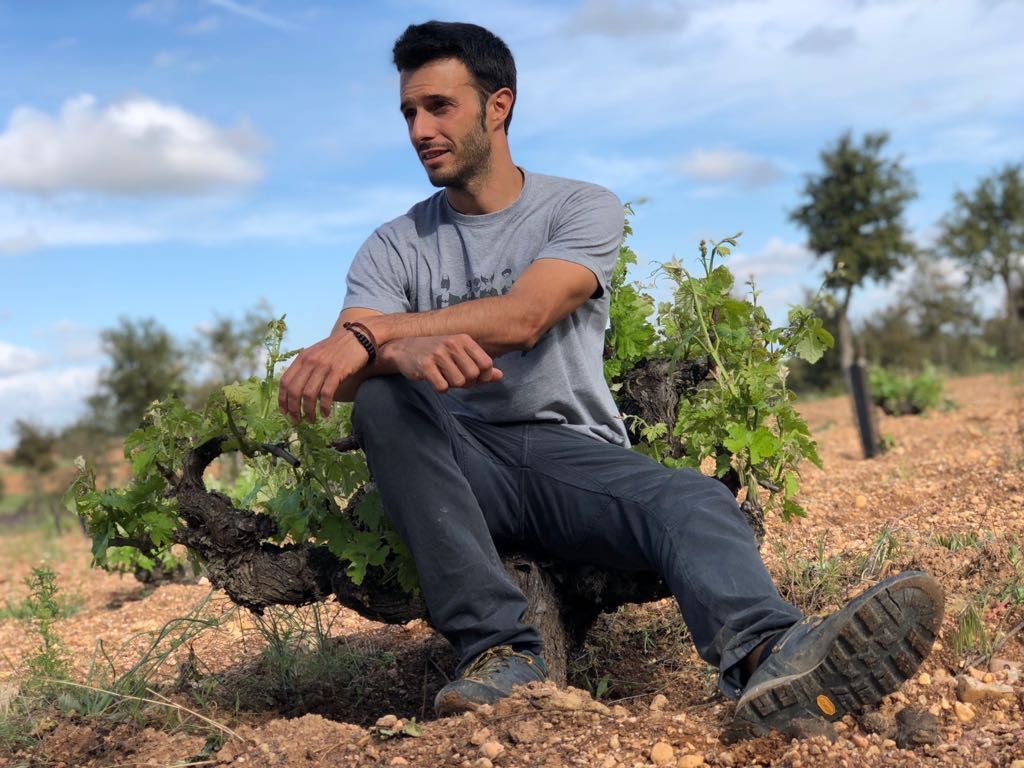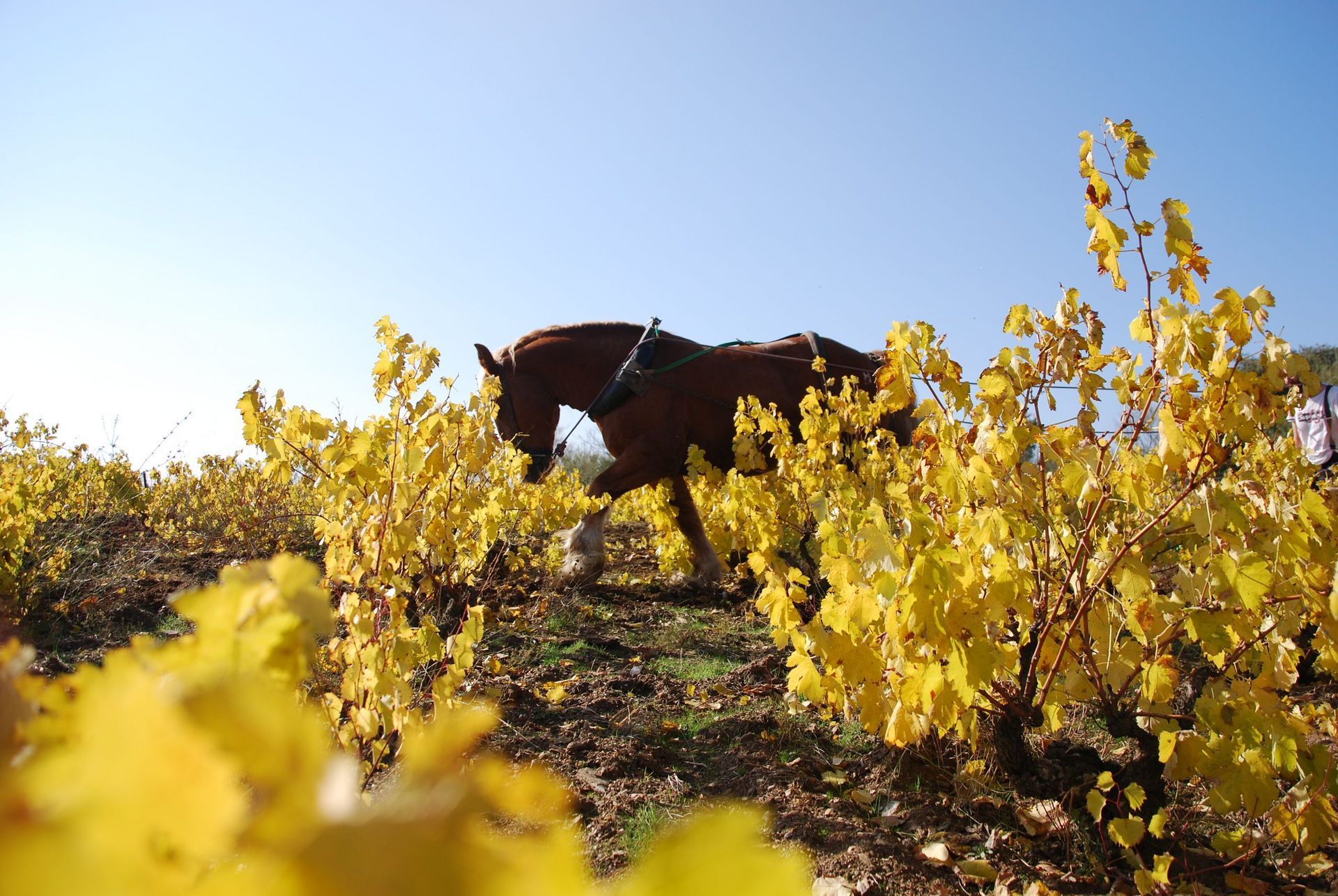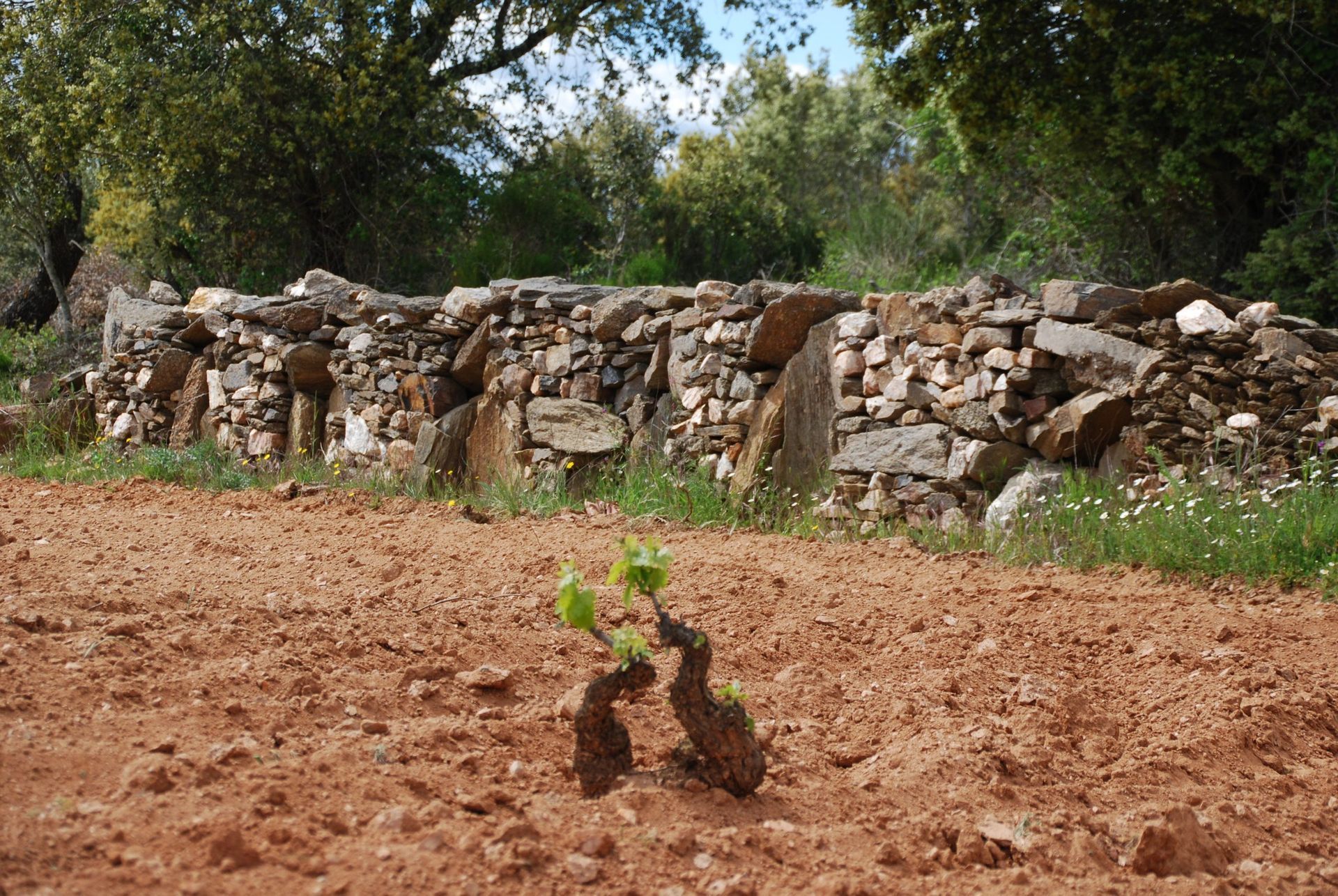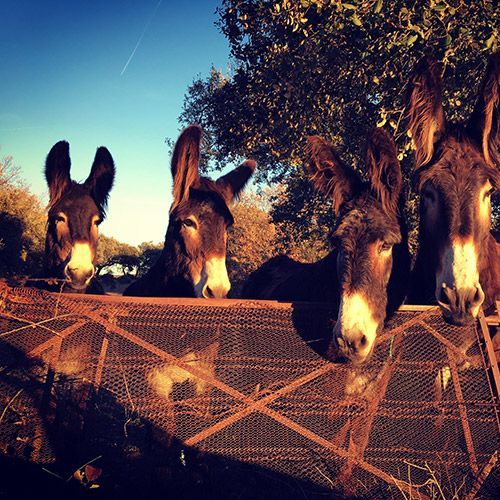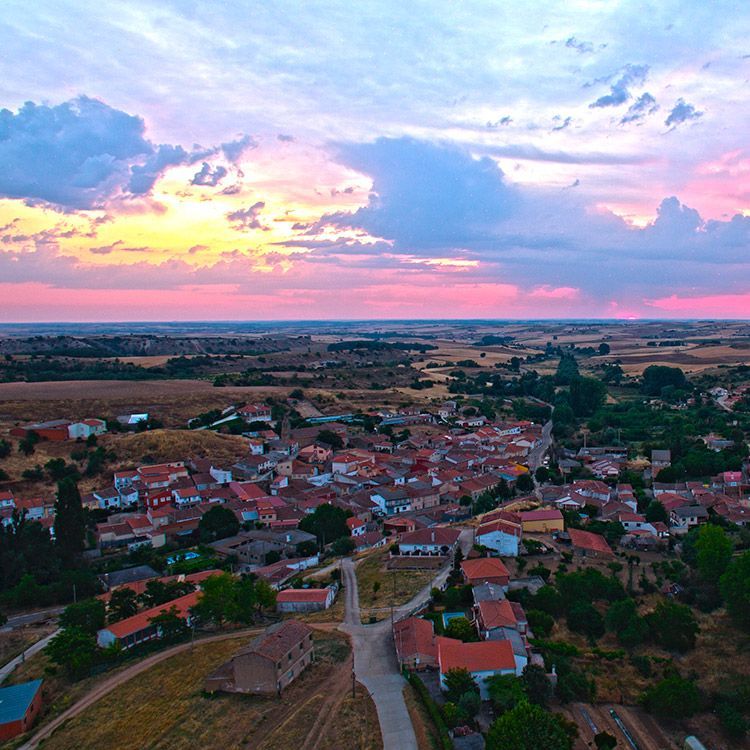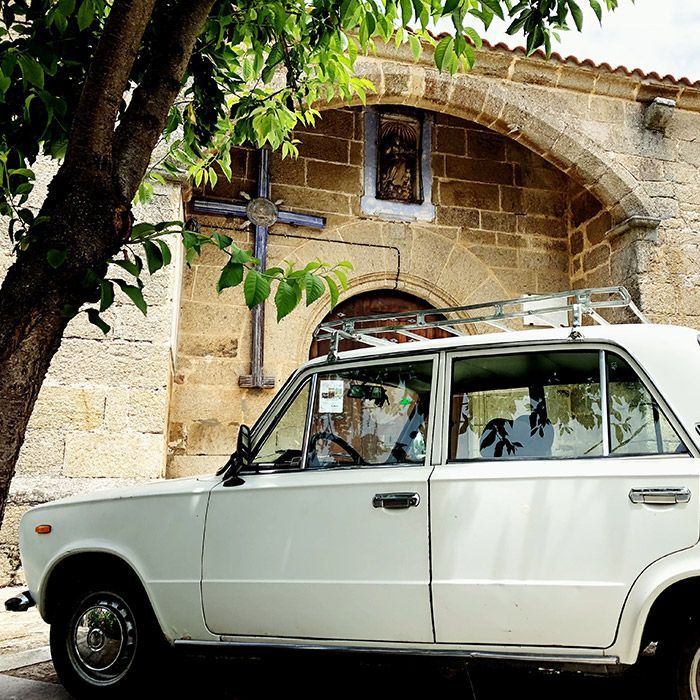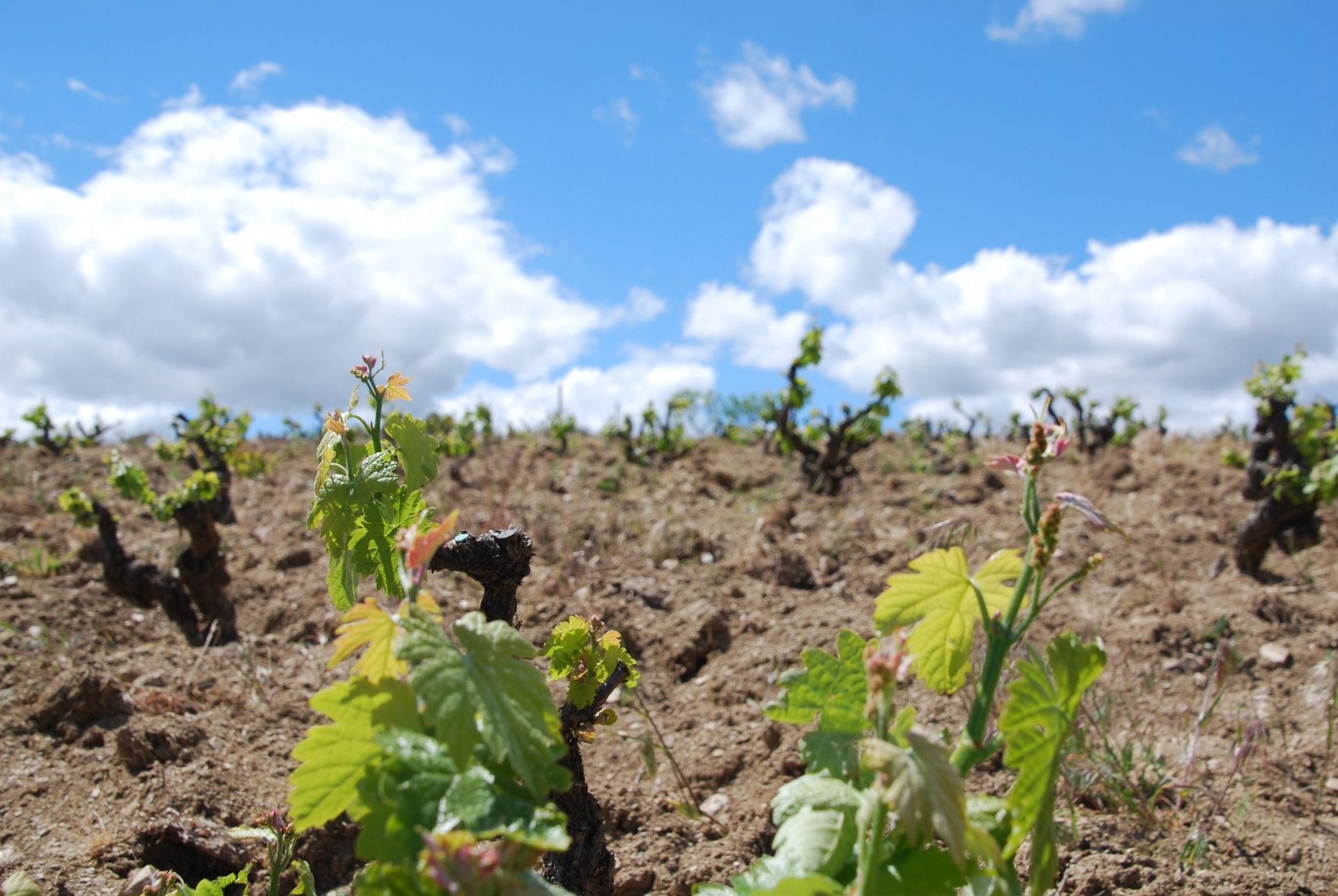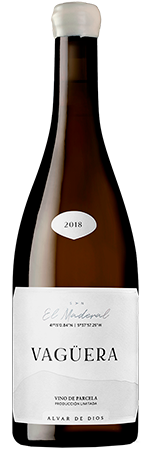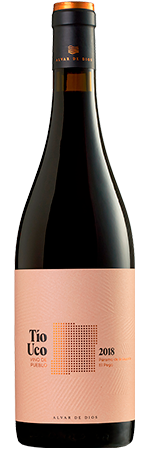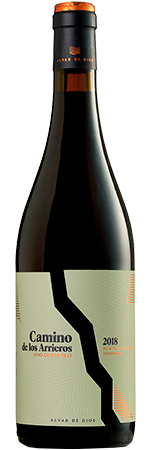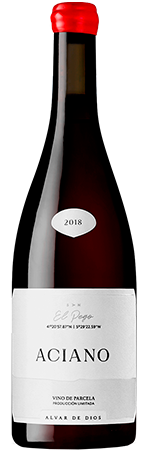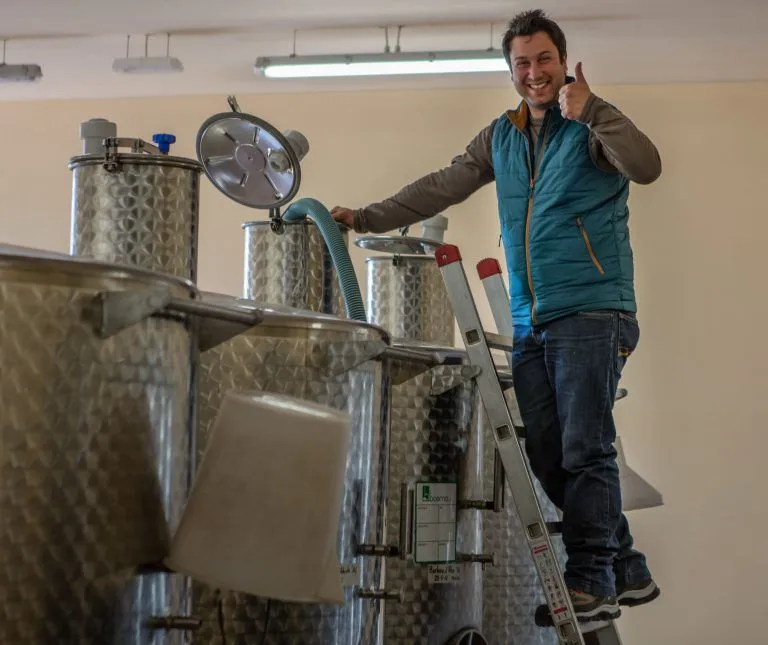Álvar de Dios
Toro, Arribes, and Castilla y León, Spain
Álvar de Dios Hernández is a voice in the wilderness. His terroir wines hailing from the dustiest corners of the Spanish wine land-scape have earned acclaim from the most ardent natural wine adherents to the don Robert Parker's Wine Advocate.
Toro, a region condemned to ignominy in by its 90’s boom and boozy muscularity, has had a hard time of it now that these styles are decidedly out of fashion. And as so often happens, the cracks in that edifice have allowed new opportunities to spring up for eager young vignerons with a different vision. Farming not only Toro but Arribes and Castilla y León wines of substance and circumstance from micro-plots dotted all around El Peg, Álvar has firmly sided with traditional, pre-war, Castilian winemaking techniques, working minimally without eschewing the hygiene principles and the nuanced ins and outs of winemaking he culled from his 2001 degree in Oenology and his time working with Fernando Garcia and Dani Landi at Comando G and as Fernado’s cellar master at Bodega Marañones from 2010-2015.
Álvar biodynamically farms gnarled bush vines by hand and horse, foot-stomps his fruit, and ferments with indigenous yeast in stainless steel and old oak, aiming for unabashed terroir expression. The results have earned him acclaim from publications ranging from Decanter to Wine Advocate and representation by an international cadre of inveterate importers and restaurants since officially launching his eponymous Álvar de Dios project in 2014.
Álvar hails from the village of El Pego, just outside the southern boundary of the Toro DO. His family has tended their vineyards in the village for generations. But Álvar flew the Toro coup early to learn the ropes from Fernando Garcia and Dani Landi at Bodega Marañones, the vinous rebels working in the Sierra de Gredos before it was the talk of the town. While working as their cellar master, he began acquiring his own vineyards in and around his native Toro DO and splitting his time between the Gredos and Toro.
Álvar’s first vineyard was inherited from his family in the village of El Pego in 2008. This site, called Aciano in honour of his grandfather, totals three hectares of mainly Tempranillo, at an elevation of 710m, and is planted on a unique terroir for the DO: sand. This sandy soil is resistant to phylloxera, which is why these ungrafted/own-rooted vines, planted in 1919, have survived to this day. Since taking over this site, Álvar has farmed it organically, waiting until 2011 to make his first vintage.
In 2009 Álvar purchased Vagüera, a tiny half-hectare plot of abandoned vines at an elevation of 950m (!!!) near the village of El Maderal, again just south of the Toro appellation border. This is a fascinating terroir in its own right—a shallow, rocky, red clay soil over limestone bedrock, mercifully north-facing, and sheltered by a forest of cork oak, giving a micro-climate cooled by aspect, elevation and surroundings that result in a truly exceptional, unique and antique Spanish white. Untended since 2006, this site is a bewildering mix of white varieties. Álvar so far has identified Doña Blanca, Albillo Rojo, Albillo Real, Albillo Negro, Albillo Castellano, Moscatel de Grano Menudo, Muscat de Alexandria, Moscatel Rojo, Godello, Verdejo, Palomino Fino, and Malvasia. There are at least another five varieties that Álvar is yet to identify. Records indicate that this vineyard was planted in 1921.
Shortly thereafter, Álvar became interested in the nearby and newly created DO of Arribes and the surrounding area. Officially recognized in 2007, Arribes is where the Duero becomes the Douro as it carves a steep valley out of the granitic mountains forming the border between Spain and Portugal. Here he found not only soils reminiscent of the Gredos – granitic sand with a lot of mica – but a range of indigenous varieties capable of expressing elegance and freshness. Álvar has assembled 5 hectares from 36 separate vineyard parcels between the towns of Villadepera and Fermoselle. Camino de los Arrieros is his village wine made from the 40-60-year-old vines of Juan Garcia, Rufete Trincadeira Preta, Bastardo, and other yet-to-be-identified varieties. This wine answers what a classic Portuguese Douro red field blend would taste like in Spanish soils and a Spanish styling. Fascinating and delicious.
In addition to these single-vineyard and village wines, Álvar makes his Tio Uco cuvée from three plots of vines in the northwestern part of Toro. Ranging in age from 25–40 years old, these Tinta de Toro vines (as Tempranillo is known in these parts) are grown on various soils. Named Tio Uco, this wine, like those from his single vineyards, is made from biodynamically farmed fruit, is fermented whole cluster with indigenous yeasts, and sees only a gentle maceration. It’s aged primarily in neutral French oak barrels ranging in size from 300-1000 litres. It's the opening salvo of his limited production and delivers a real wine at a beautiful price point.
Álvar de Dios is everything we’re about at Vino al Vino — a producer of place and substance, making wines with an artistic clarity of purpose, striving towards something as singular as it is ancient.
Wines by this Producer
News, Views and Happenings from Vino al Vino
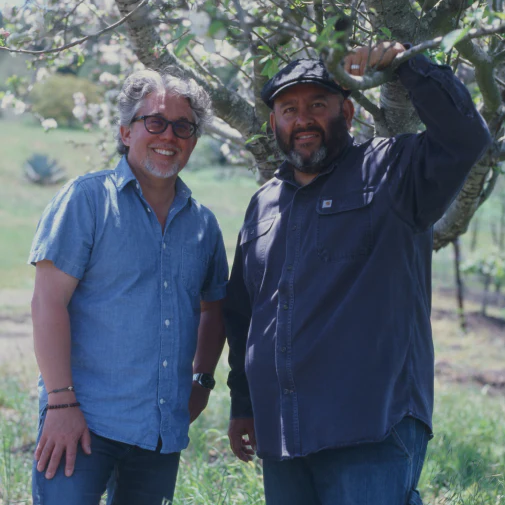
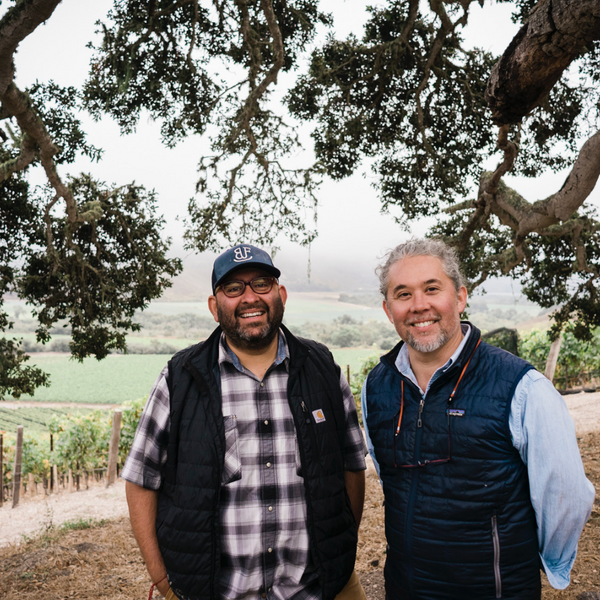
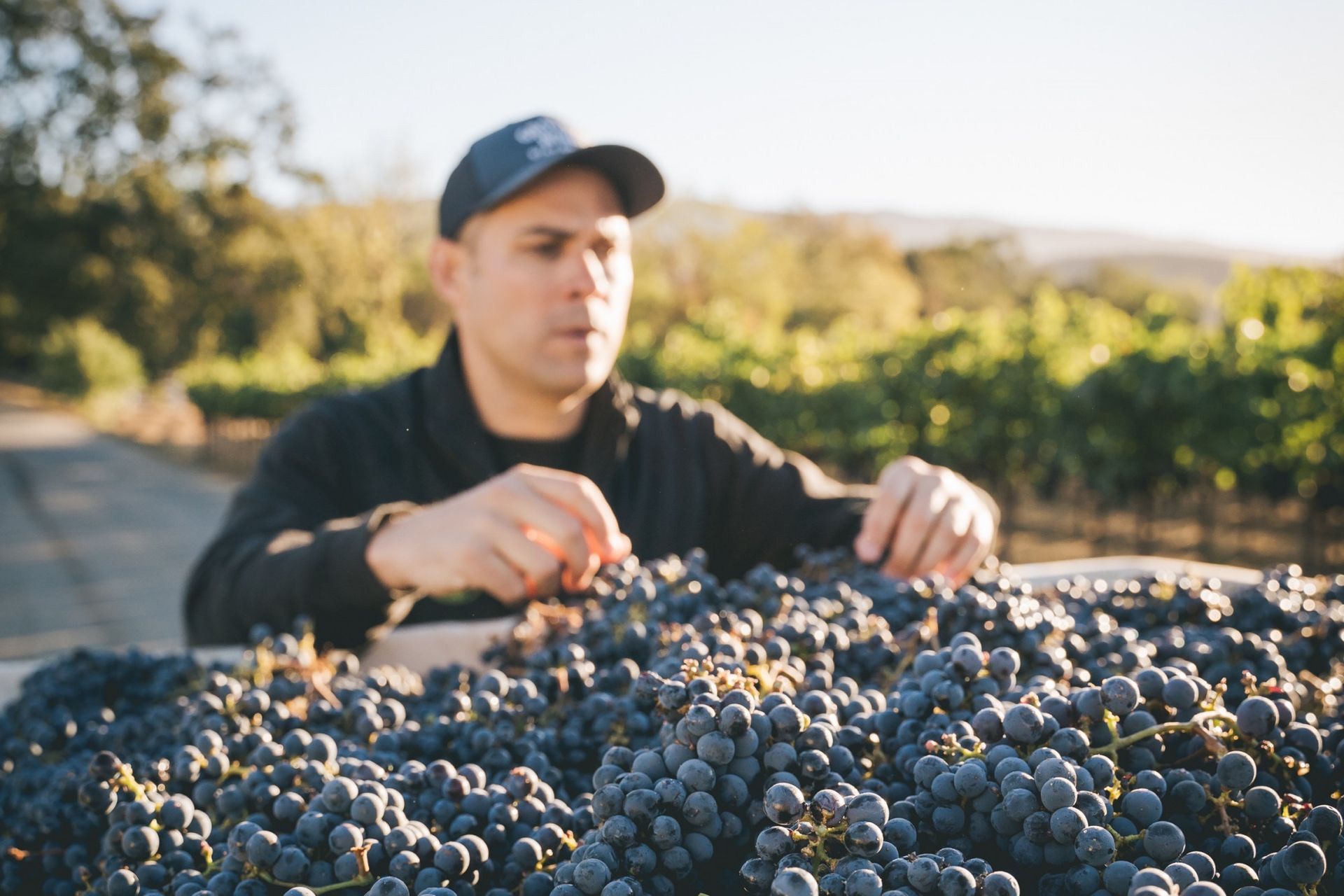
Calgary + Alberta South
Andrew Stewart
403-604-0408
andrew@vinoalvino.ca
Edmonton + Alberta North
Joe Gurba
780-203-5284
joe@vinoalvino.ca
Saskatoon + Saskatchewan
Kerrie Gavin
306-290-0277
kerrie@vinoalvino.ca
Join Our Newsletter*
Contact Us
We will get back to you as soon as possible.
Please try again later.
*By submitting this form, you are consenting to receive marketing emails from: Vino Al Vino Inc. https://www.vinoalvino.ca. You can revoke your consent to receive emails at any time by unsubscribing.
Contact Us
We will get back to you as soon as possible.
Please try again later.
*You are consenting to receive marketing emails from us. You can revoke your consent at any time by unsubscribing.
2014 - 2023 © All Rights Reserved Vino Al Vino Inc.

